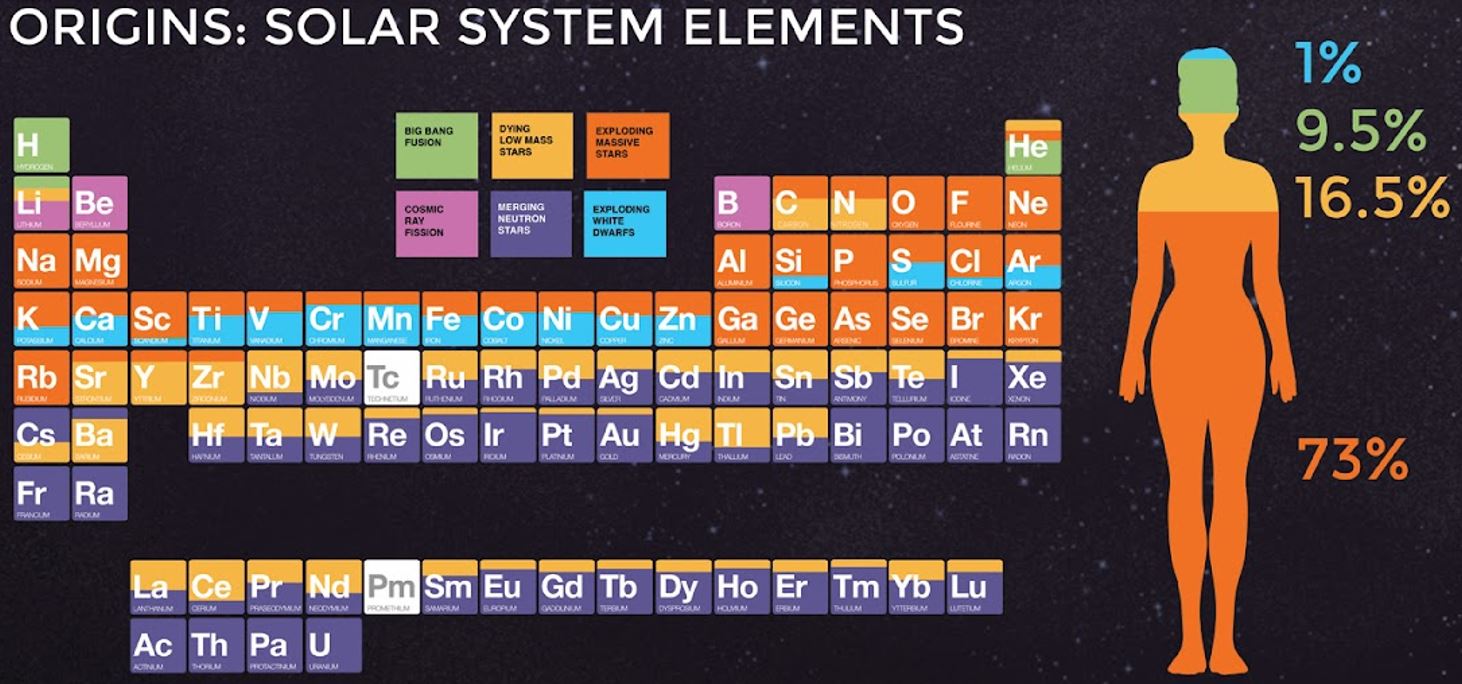Professional skeptic Michael Shermer sees major moral progress happening. In the next decade, he says, nobody will discuss gay marriage as though it were a controversial topic; and many of the ways we currently treat animals will be considered barbaric. Practices meant to entertain humans at the expense of animal well-being — bear baiting, bull and cock fighting — are already on their way out of fashion. But we will not only stop causing animals abject pain, but also them with a more comfortable way of life, allowing them to enjoy human rights like freedom and self-determination. The results will be positive for animals as well as human health, Shermer explains.
Michael Shermer: Yeah I think animal rights is the next wave after the same-sex marriage. We just got done with that. And that’ll be pretty much over in terms of social attitudes within a few years to a decade. No one will even talk about it anymore. What’s next? Animal rights, but also I think — you don’t want to say environmental rights, but the rights of future generations to have a sustainable earth, a planet to live on. I think we do owe a moral obligation to future generations and animals for a balanced ecosystem. And I think we’ll get there. I think we’re on our way there. But in terms of animal rights, where do we start? We start where Jeremy Bentham, really the founding father of animal rights and rights in general, natural rights concept is that it’s not can they talk or reason. Can they suffer? So we begin in case of animals because they can’t tell us I want the right to vote. We’re not talking about that. Can they live a life without suffering? That we have improved. All the laws against animal cruelty, dog fighting, bear baiting, you know, cat nailing to the post and all the cruel things people used to do to animals. We’ve largely gotten over that. Bullfighting is on the way out. Cockfighting is illegal in most countries. So the next step then, I think, I’m on board with Temple Grandin — that is the modification of the meat industry.
So that cattle are not, they don’t suffer as much. I think we need to get away in the long run from factory farms. It’s not healthy anyway. The food is not good for you. It really isn’t. You’re really better off eating organic foods, foods that are grown or raised on small farms. The EU is really good about this, like chicken cages can’t be too small and the cows have to be free to walk around and I’m still concerned about like taking the calf away from the female cows because that’s how they get them to generate more milk. It’s not good for them. They don’t like it. They scream and cry and those are the kind of things that we’re making a lot of progress on and have a ways to go. In the long run, you know, in a century or two maybe we’ll have synthetic meat. I kind of see that. You know the Google guys are working on that problem. I think that’s just a — it’s just a molecular machinery problem. And so I think we can get there in time. That one’s going to happen slower than same-sex marriage, women’s rights, civil rights simply because these are different species and we care less about them. But as the moral sphere continues to expand, we’ve already banned the use of chimpanzees in medical research as of this year. That’s it. They’re all being retired and they go to Club Med for chimps. Great. How about monkeys? Let’s keep the sphere out a little bit more. All marine mammals, whales, dolphins, cetaceans, and so on and just keep going. It’ll take a while, decades, you know, but we’re getting there.
I think the idea of being a carnivore, we’ll look back on that as like we look back at the Romans as, "How barbaric of them." It’s totally understandable why we eat meat. I love to eat meat, you know, and I’m not quite vegetarian, vegan, you know. I’m what’s called a reducitarian. There’s an actual group, the reducitarians. Reduce your meat eating. Okay, hey it’s a goal. And the reason for that, that I like, is because it’s practical. Because, you know, if you go, "I’m going vegan. That’s it, I’m not going to eat another piece of meat," and then you have a steak and you go, "Oh no, I feel so bad. I’ve sinned. I have to go confess my sins." It’s practically like a religion and I don’t like that. So let’s just see if we can reduce the factory farm carnage. Just eat less meat. And if you’re going to eat meat, meatless Mondays or whatever. How about just meat Mondays and no other meat for the week? And if you eat meat, then just eat, you know, not the factory-farmed meat but the organic meat that came from a small farm. Increments. I call this protopia. Instead of aiming for utopia, where everything is perfect forever and we’re all just sinless — okay forget that. That’s not going to happen. Just see if we can make today slightly better than yesterday and tomorrow slightly better than today. Just incrementally protopia.






